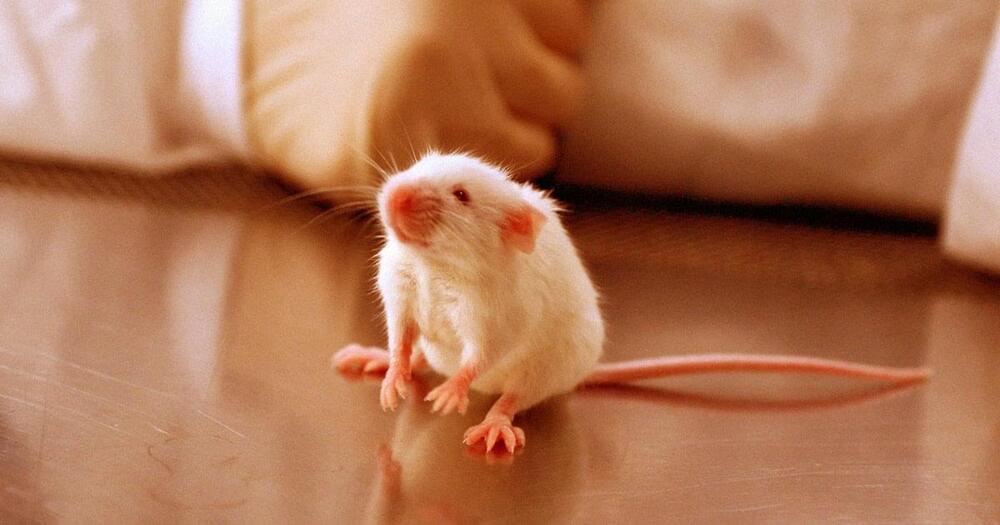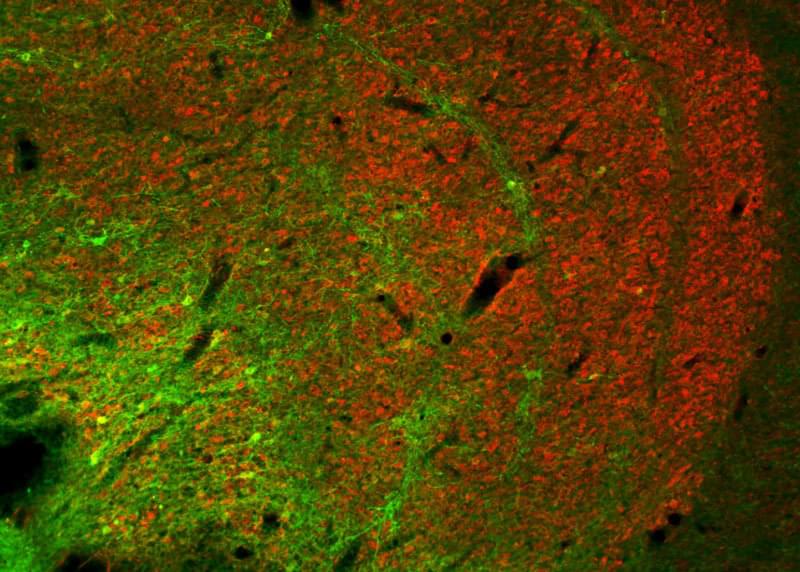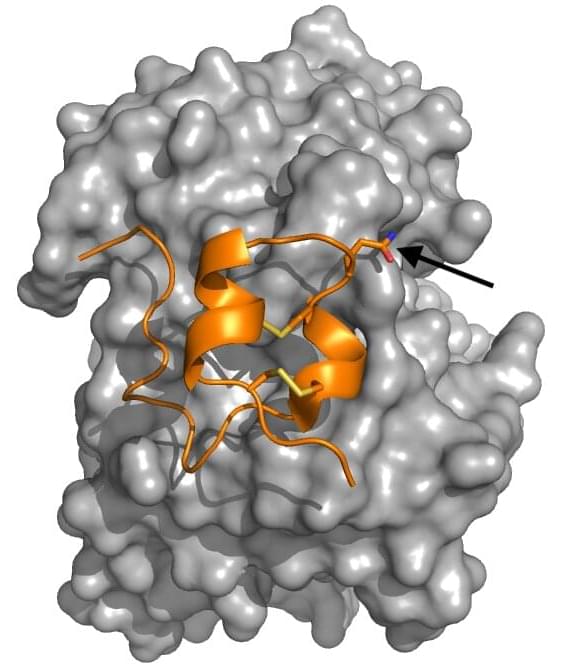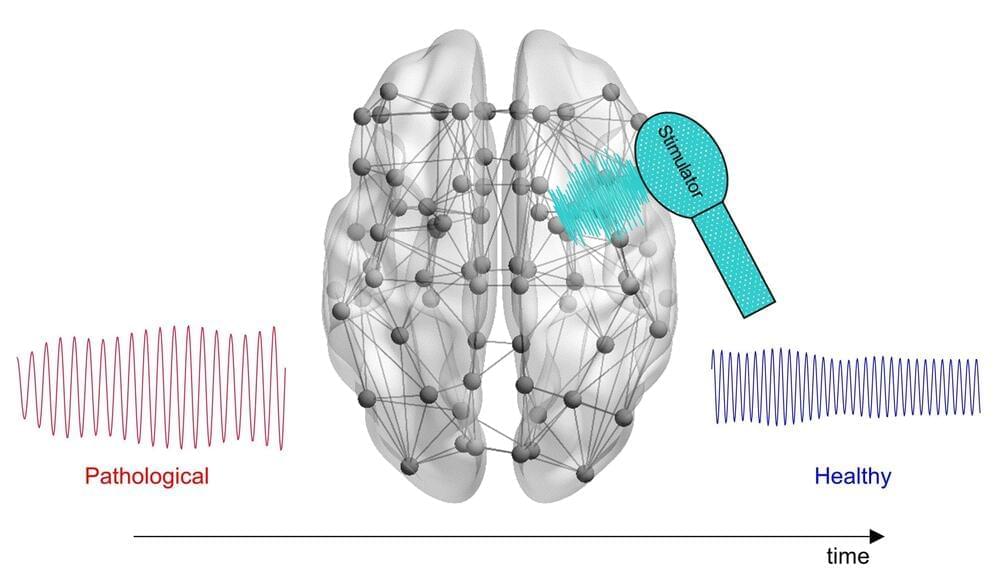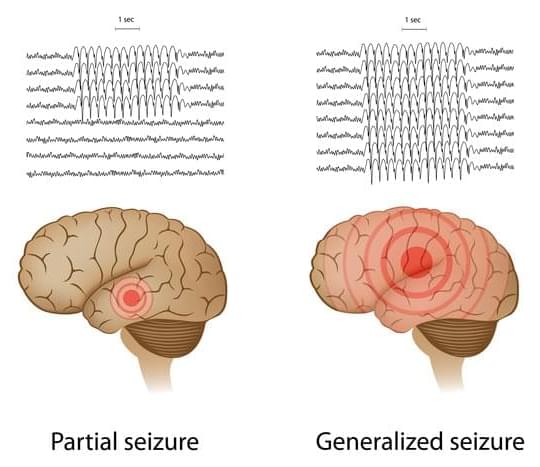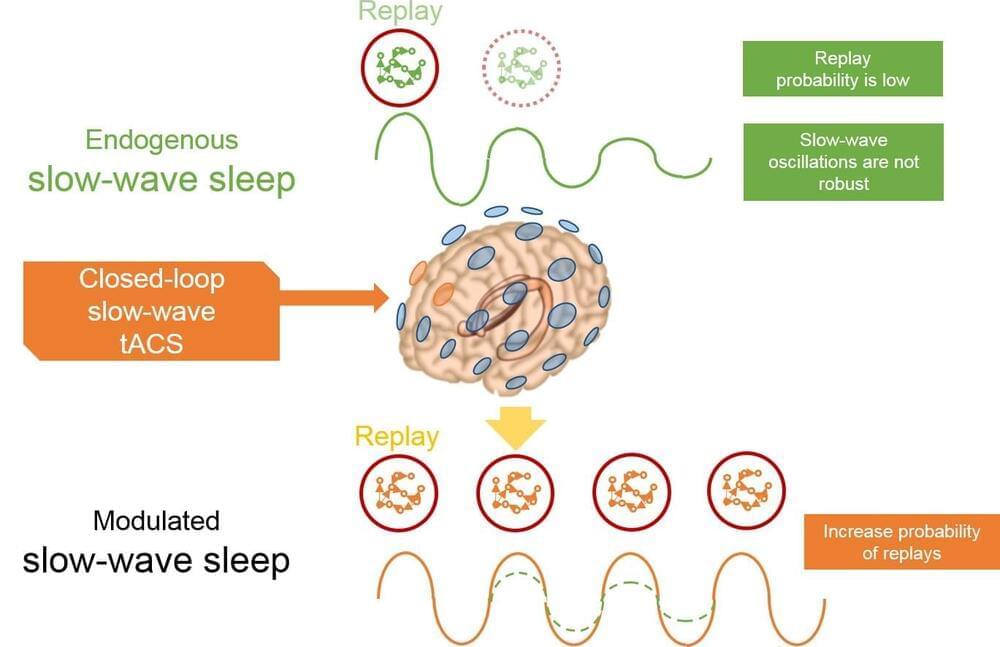In the midst of all the apparent tumult, intense emotion, and occasional reckless behavior characterizing the teenage years, the brain is, in fact, evolving and developing the neural circuits needed to keep emotions in check. Research in the June 8, 2016 issue of The Journal of Neuroscience describes how the ability to control emotions moves from one brain area to another as teens mature into adults, offering an opportunity to understand how disorders related to emotional control emerge.
“Our study opens the way for a better understanding of the neurobiology behind adolescent behavior in emotionally arousing situations,” said study author Anna Tyborowska of Radboud University Nijmegen in the Netherlands. “The findings could also have important clinical implications [as] many psychiatric disorders emerge during adolescence and are characterized by problems with emotional action control.”
Previous research links the spike in sensation-seeking and impulsive behavior during adolescence to the delayed maturation of the prefrontal cortex, a region of the brain involved in reasoning, planning, and decision-making. Study authors Inge Volman, Ivan Toni, and Karin Roelofs previously demonstrated the importance of the anterior prefrontal cortex in emotional control in adults. However, it has not been clear whether and how the delayed development of the prefrontal cortex affects emotional control during adolescence.
